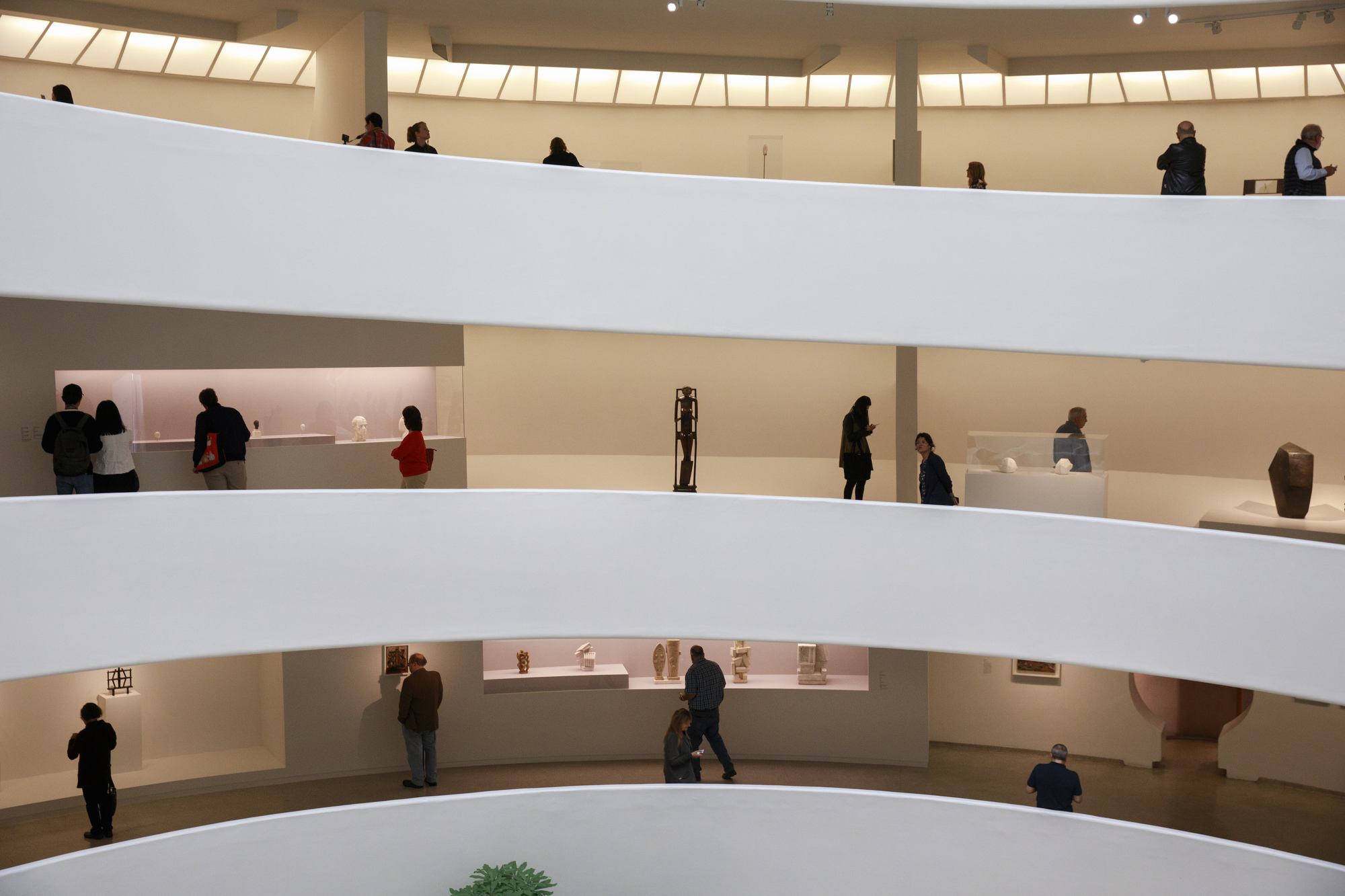

Eligible patients had also been tested at least once since February 1, 2020. Eligible hospitalizations were defined as those among adults aged ≥18 years who had received SARS-CoV-2 molecular testing (from 14 days before to 72 hours after admission) and had a COVID-19–like illness discharge diagnosis † during January–September 2021. To compare the early protection against COVID-19 conferred by SARS-CoV-2 infection and by receipt of mRNA COVID-19 vaccines (i.e., 90–179 days after infection or vaccination), the VISION Network collected data from 187 hospitals across nine states during January–September 2021 ( 1). All eligible persons should be vaccinated against COVID-19 as soon as possible, including unvaccinated persons previously infected with SARS-CoV-2. These findings suggest that among hospitalized adults with COVID-19–like illness whose previous infection or vaccination occurred 90–179 days earlier, vaccine-induced immunity was more protective than infection-induced immunity against laboratory-confirmed COVID-19. Among COVID-19–like illness hospitalizations in persons whose previous infection or vaccination occurred 90–179 days earlier, the odds of laboratory-confirmed COVID-19 (adjusted for sociodemographic and health characteristics) among unvaccinated, previously infected adults were higher than the odds among fully vaccinated recipients of an mRNA COVID-19 vaccine with no previous documented infection (adjusted odds ratio = 5.49 95% confidence interval = 2.75–10.99).

Hospitalized adults aged ≥18 years with COVID-19–like illness were included if they had received testing at least twice: once associated with a COVID-19–like illness hospitalization during January–September 2021 and at least once earlier (since February 1, 2020, and ≥14 days before that hospitalization). CDC used data from the VISION Network* to examine hospitalizations in adults with COVID-19–like illness and compared the odds of receiving a positive SARS-CoV-2 test result, and thus having laboratory-confirmed COVID-19, between unvaccinated patients with a previous SARS-CoV-2 infection occurring 90–179 days before COVID-19–like illness hospitalization, and patients who were fully vaccinated with an mRNA COVID-19 vaccine 90–179 days before hospitalization with no previous documented SARS-CoV-2 infection. Previous infection with SARS-CoV-2 (the virus that causes COVID-19) or COVID-19 vaccination can provide immunity and protection from subsequent SARS-CoV-2 infection and illness. Thompson, PhD 1 Edward Stenehjem, MD 12 ( View author affiliations) View suggested citation Fry, MD 1 Eduardo Azziz-Baumgartner, MD 1 Michelle Barron, MD 5 Manjusha Gaglani, MBBS 13 Mark G. Ball, ScD 6 Andrea Steffens, MPH 1 Natalie Olson, MPH 1 Jeremiah Williams, MPH 1 Monica Dickerson, MPH 1 Meredith McMorrow, MD 1 Stephanie J. Birch, MPH 6 Lenee Blanton, MPH 1 Sarah W. Levy, PhD 6 Ousseny Zerbo, PhD 10 Rachael M. Rowley, DrPH 6 Bruce Fireman, MA 10 Nimish R. Embi, MD 3 ,15 Julie Arndorfer, MPH 12 Chandni Raiyani, MPH 13 Palak Patel, MBBS 1 Elizabeth A. Mitchell, ScD 6 Kristin Goddard, MPH 10 Peter J. Fadel, PhD 2 ,11 Nancy Grisel, MPP 12 Kempapura Murthy, MBBS 13 Jill Ferdinands, PhD 1 Anupam B. Reese, PhD 6 Ned Lewis, MPH 10 William F. Dixon, PhD 2 ,11 Kristin Dascomb, MD, PhD 12 I-Chia Liao, MPH 13 Sue Reynolds, PhD 1 Charlene McEvoy, MD 7 Jungmi Han 8 Sarah E. DeSilva, MD 7 Karthik Natarajan, PhD 8 ,9 Duck-Hye Yang, PhD 6 Suchitra Rao, MBBS 5 Nicola P.


 0 kommentar(er)
0 kommentar(er)
